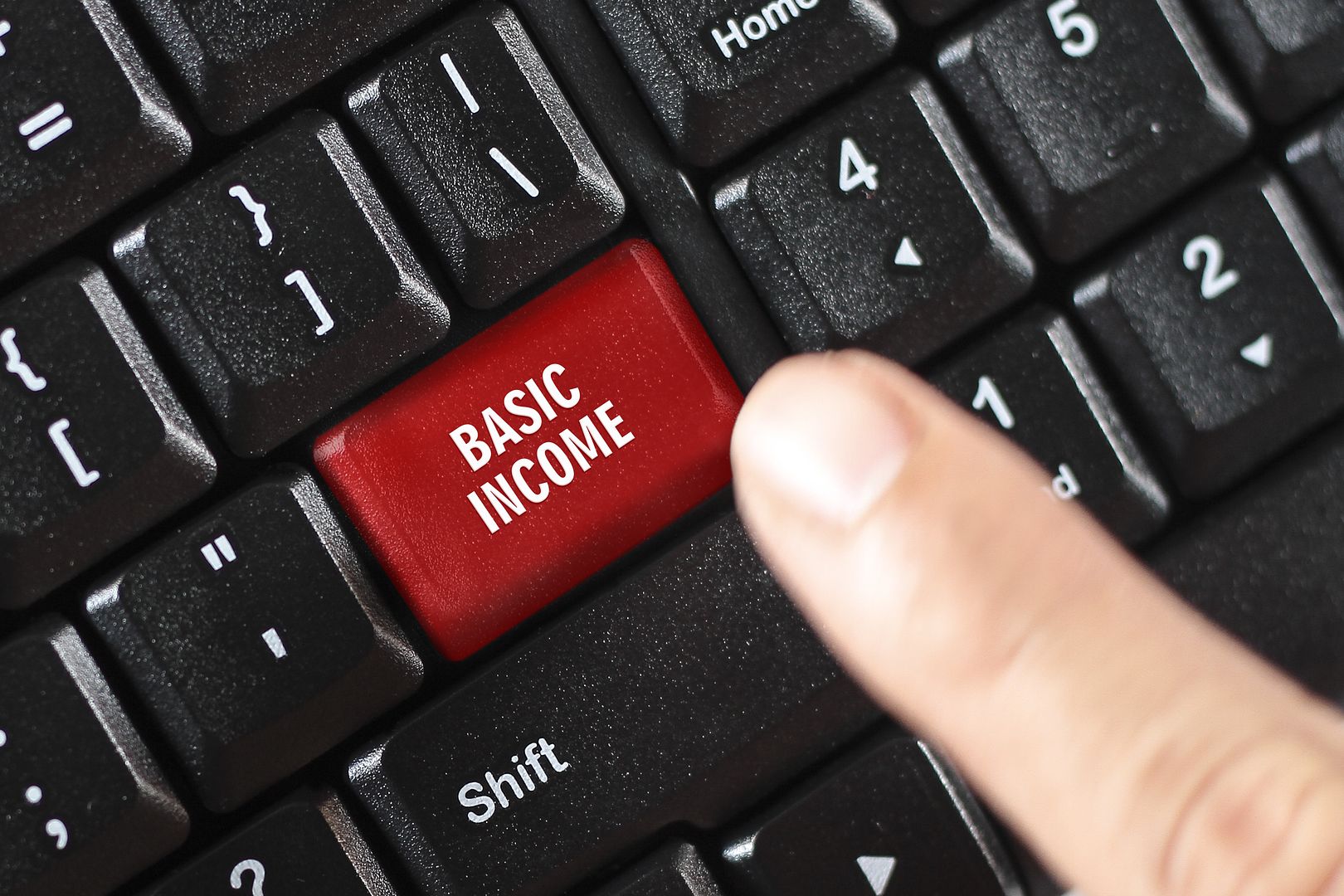Newark, New Jersey is the latest U.S. city that plans to dip its toes into the universal basic income pond. It would give its residents cash whether or not they have a job as a strategy to end poverty.
Universal basic income has been tried in other places and abandoned because it doesn’t work or is too costly, so why is this U.S. city trying going to try it here?
Newark Mayor Ras Baraka announced that they would launch a taskforce to see if UBI would be feasible for the city’s 285,000 residents, more than a quarter of which he claims live in poverty. He noted during his state of the city address:
“We believe in Universal Basic Income, especially in a time where studies have shown that families that have a crisis of just $400 in a month may experience a setback that may be difficult even impossible to recover from.”
UBI may put some cash in people’s pockets with no strings attached, but it would be a poor strategy to lift people out of poverty.
So far, the countries which have experimented with UBI have had mixed or bad results.
Finland just ended the most well-known UBI experiment with no plans to restart or expand the program. The Finnish government gave 560 euros (about $633) to 2,000 randomly selected unemployed people aged 25 to 58 for two years. Even if they got a job, the check kept rolling in. The recipients did not work any more than those who didn’t get a check and those who did work earned less in wages. They did feel better about themselves though. I’m sure most taxpayers wouldn’t be keen on paying people to stay home and feel good.
Ontario, Canada ended their UBI program two years early because it was unsustainably costly.
Two California locales are experimenting with UBI. Stockton just launched a program that gives some residents $500 with no work requirements. Meanwhile, a startup based in Oakland began giving $1,500 a month to randomly selected residents at a cost to the company of $60 million.
We have yet to see the results of these tests such as whether people start to work, work more, start businesses, lift their overall household income and savings, or reduce debt.
The predictable results are that welfare with no work requirements will disincentivize work. Recipients may have more money in their pockets, but that doesn’t mean their financial situation would improve. It’s possible that the new income replaces income derived from working (meaning they cut back on working) or gets spent on other things that don’t make them materially better off.
It doesn’t take an economics degree to figure out what human nature will do. Perhaps that’s why according to polling from last summer, 48 percent of adults opposed a UBI pilot program coming to their own community while another 18 percent are unsure.
The best way to lift people out of poverty and to do so sustainably is work. Charity and welfare serve an important temporary purpose, but work requirements have the lasting positive impact that help people gain independence.
And when a person gets a job, let’s allow them to keep more of their income by lowering income taxes, property taxes, and sales taxes (which disproportionately affect poor Americans).
Independence and greater control over your resources should be the direction our communities move in, not the other way around.


